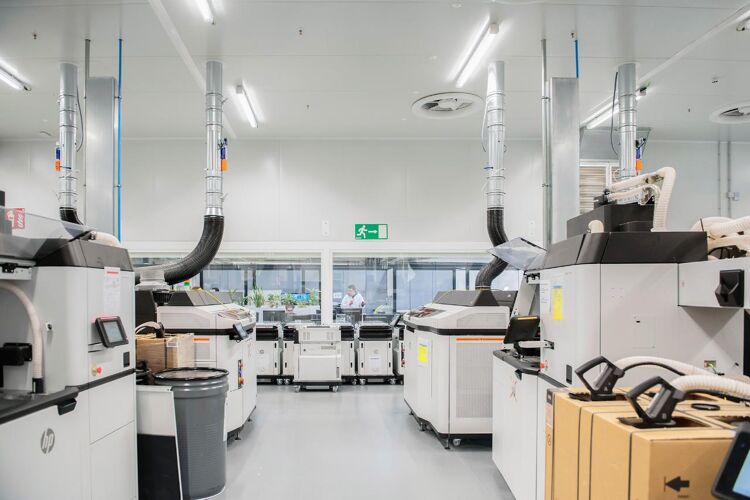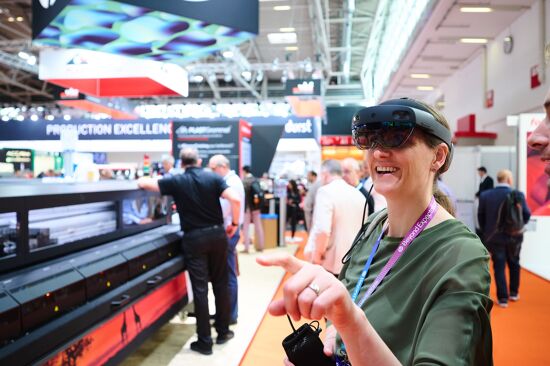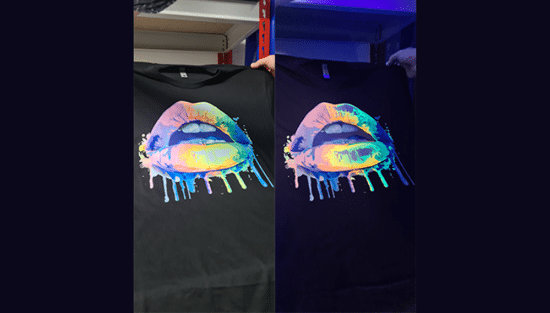Ford and HP partner on world-first 3D print initiative

Automotive manufacturing giant giant Ford has joined forces with HP on a new initiative that will see waste materials from 3D printing used to create car parts.
Through the collaboration, Ford and HP will use spent 3D printed powders and parts from HP’s 3D printers as the core material for injection molded parts for use in automobiles.
Specifically, the waste materials will be use to manufacture injection-moulded fuel-line clips for the Super Duty F-250 trucks. Ford has also said the process could be used to manufacture similar parts on a number of its other vehicles.
According to Ford and HP, this initiative will offer a number of major benefits, primarily that the reuse of the waste material will improve the environmental credentials of both businesses.
Ford also said the parts using recycled 3D print materials have better chemical and moisture resistance than conventional versions, while these parts are 7% lighter and cost 10% less than the more traditional parts.
“Finding new ways to work with sustainable materials, reducing waste and leading the development of the circular economy are passions at Ford,” Ford technical fellow for sustainability Debbie Mielewski said.
“Many companies are finding great uses for 3D printing technologies, but, together with HP, we’re the first to find a high-value application for waste powder that likely would have gone to landfill, transforming it into functional and durable auto parts.”
Ellen Jackowski, chief sustainability and social impact officer at HP, said that 3D printing already offers a more environmentally friendly alternative when it comes to manufacturing certain products, and the collaboration with Ford further demonstrates the technology’s green qualities.
“You get more sustainable manufacturing processes with 3D, but we are always striving to do more, driving our industry forward to find new ways to reduce, reuse and recycle powders and parts,” Jackowski said.
“Our collaboration with Ford extends the environmental benefits of 3D printing even further, showcasing how we are bringing entirely different industries together to make better use of spent manufacturing materials, enabling a new circular economy.”
The reuse process works with support from three other companies in the form of SmileDirectClub, Lavergne and ARaymond.
Oral care company SmileDirectClub operates the largest facility of HP 3D print systems in the US, with its fleet of more than 60 HP 3D printers producing over 40,000 aligners a day. Waste materials from the site are collected and recycled for repurposing.
Resin producer Lavergne, a long-term recycling partner of HP, transforms the molds and discarded powder from Ford’s HP 3D printers into recycled plastic pellets that are suitable for injection molding.
Finally, Ford supplier ARaymond, which designs, engineers and manufactures assembly systems, molds the pellets into fuel-line clips ready for use on Ford’s vehicles.
“A key to achieving our sustainability goals and solving the broader problems of society is working with other like-minded companies – we can’t do it alone,” Mielewski said.
“With HP, we defined the waste problem, solved technical challenges and found a solution in less than one year, which is something in which we all take pride.”
Discover the latest innovations in 3D printing at the Global Print Expo 2021, Europe's leading exhibition for screen and digital wide format print, textile printing and signage. Discover the latest products, network with like-minded individuals and explore new business opportunites. Register your interest here.
Topics
Interested in joining our community?
Enquire today about joining your local FESPA Association or FESPA Direct
Recent news

Streamlining personalisation with tech: Insights from the SmartHub Conference 2025 speakers
Personalisation Experience 2025 (6 – 9 May 2025, Messe Berlin, Germany) is running its inaugural SmartHub Conference from 6 – 8 May 2025.

Special Effects in DTF: How Neon Inks Are Making Apparel Pop
Neon fluorescent inks are the latest innovation in DTF printing, offering vibrant, eye-catching effects under both daylight and UV light, giving apparel decorators a competitive edge. Testing shows good wash durability, though market perception of added value is still developing. With increasing adoption and ongoing technological advancements, neon represents a significant upgrade for creative customisation.

Unlocking Growth Opportunities in the Printed Personalised Apparel Industry
The printed personalised apparel industry is booming, projected to reach $10.1 billion by 2030. Driven by consumer desire for self-expression and branding needs, technological advancements like DTG/DTF and e-commerce integration are key. Sustainability, eco-friendly materials, and on-demand printing are crucial growth drivers. Businesses leveraging these trends, including AI and social media, have significant commercial potential.

How to grow your business with white ink applications
Opaque white ink is revolutionising signage, vehicle graphics, wallcoverings, short-run and wood packaging, and window blinds by enhancing vibrancy and clarity. This enables printers to offer high-demand, standout products, boosting profit margins. HP Latex white ink applications and their large format printing solutions will be showcased at FESPA 2025 in Berlin.